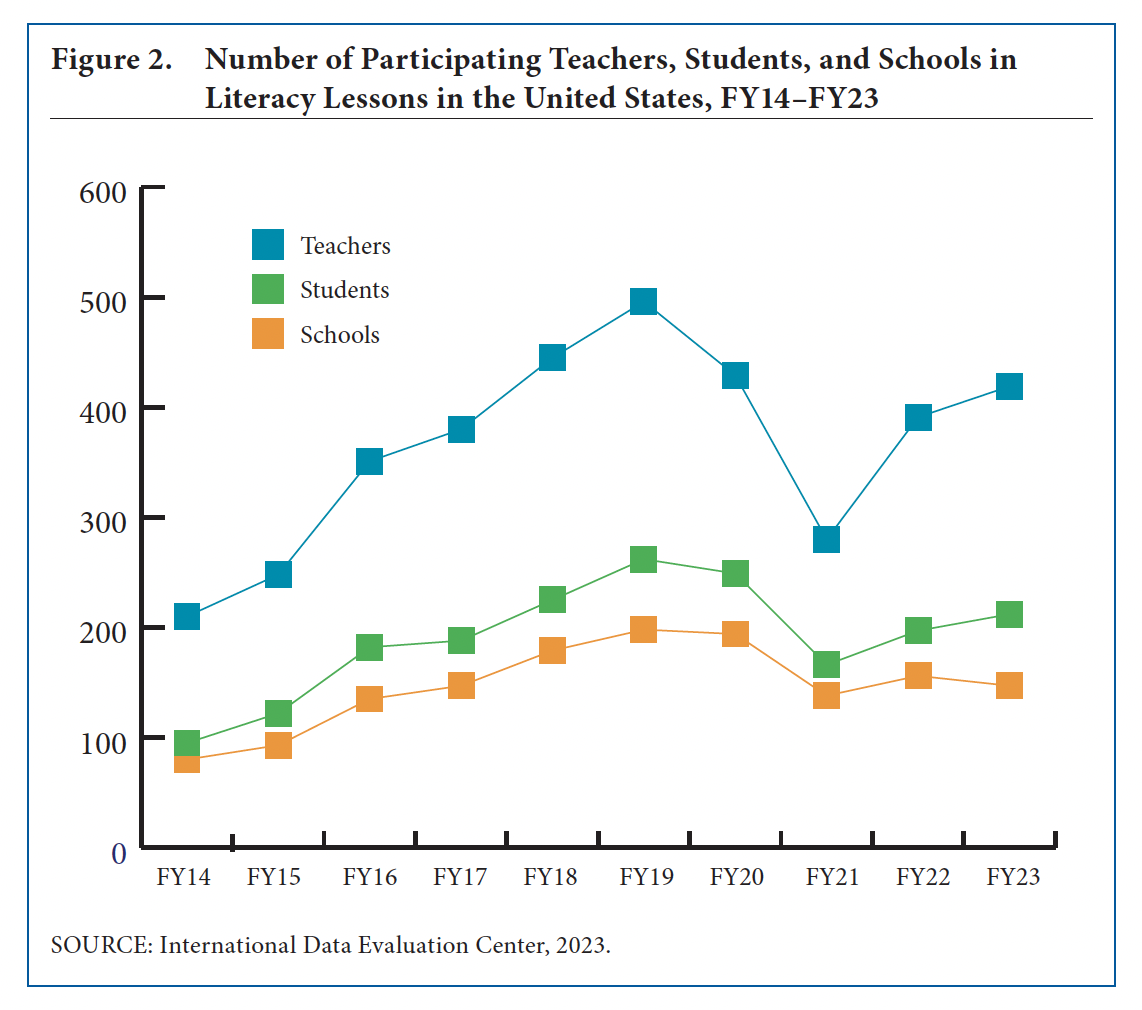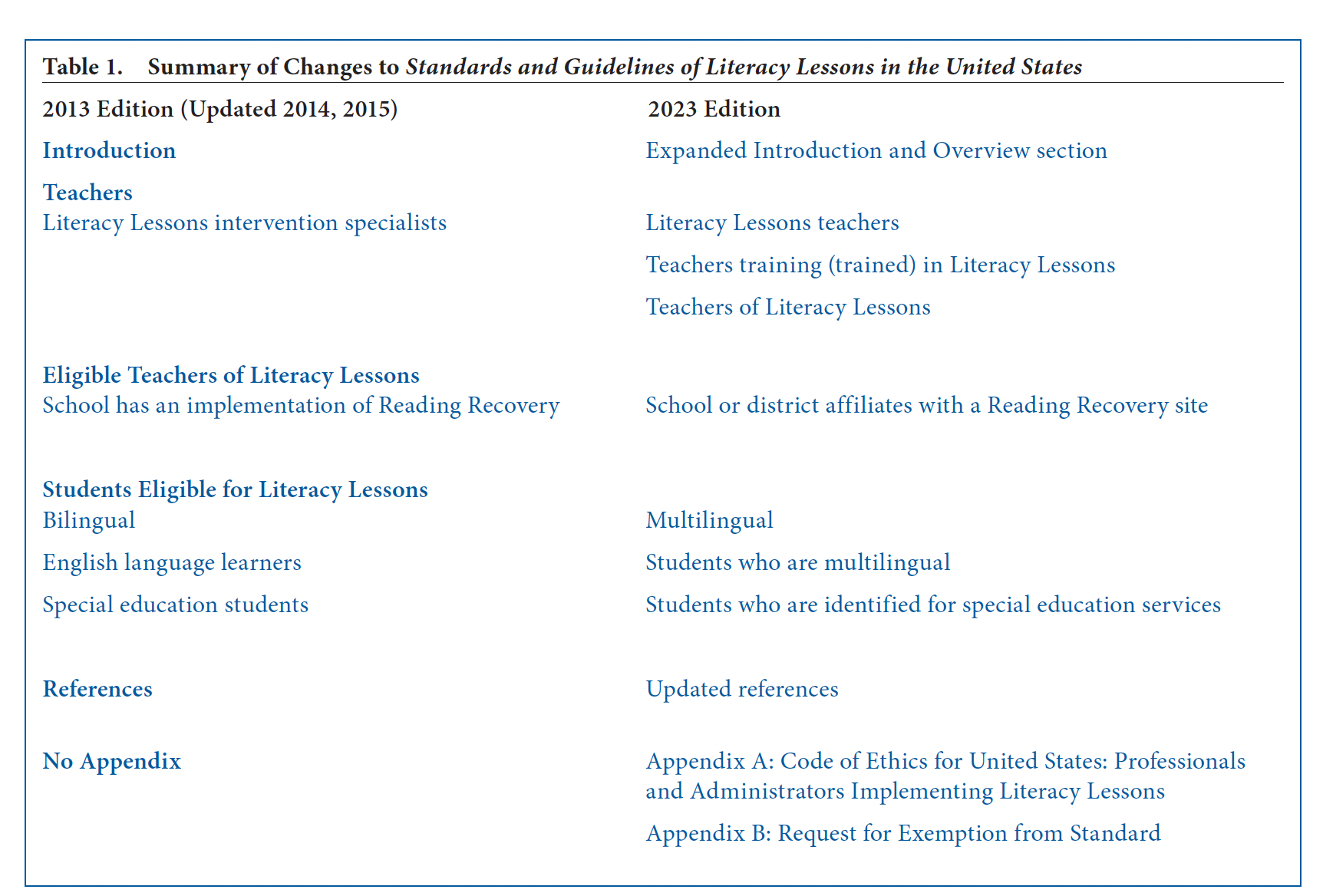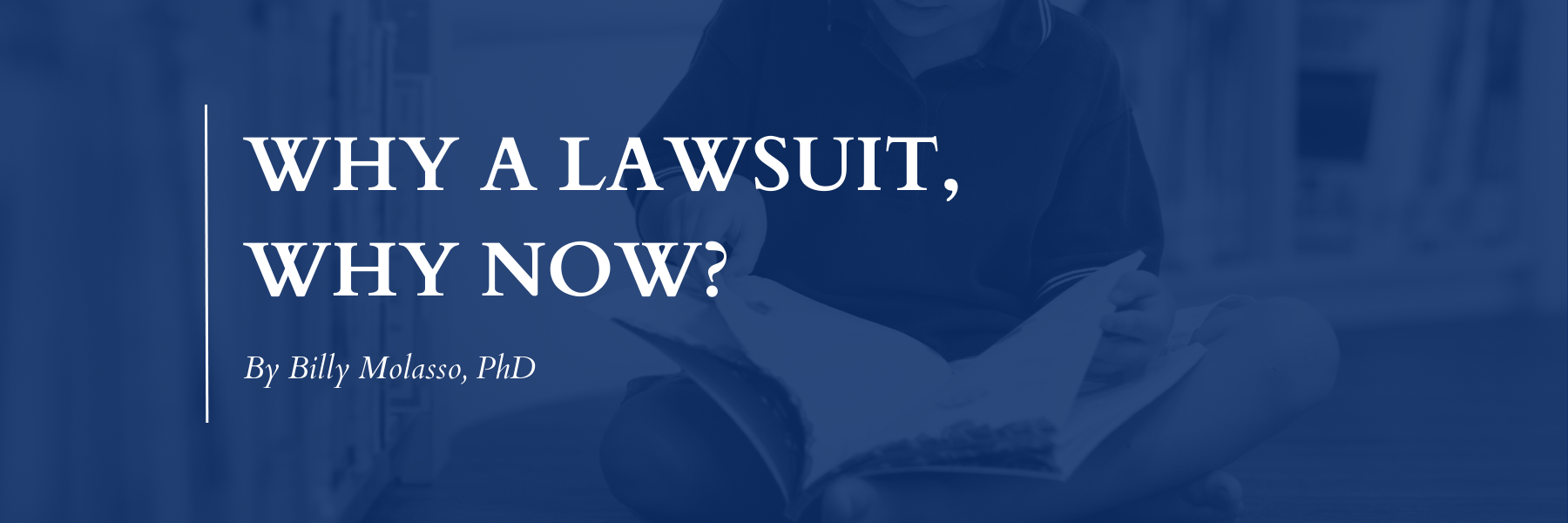Giving Tuesday with the Foundation for Struggling Readers
On this Giving Tuesday, the RRCNA community is celebrating our Professional Development Award winners. A key tenet of Reading Recovery is a commitment to continuous professional development; these awards funded by friends, partners, and members are a clear example of this investment in our community!
These awards were made possible by generous donations from friends and supporters of the Foundation for Struggling Readers. Please give generously to the Foundation for Struggling Readers to fund advocacy, professional development & research. We are sending a huge thank you to all of RRCNA’s incredible supporters who have already donated! We can not wait to celebrate our award winners with you at LitCon.
Hameray Professional Development Award

Suzanne Larson
Award Sponsored by Hameray Publishing
Geri Stone Memorial Fund Award
Jonelle Hickerson
Kelly Tryer
Tenyo Family Foundation Award
Maria Avina
Debbie Baker
Megan Dodd
Lori Dupuis
Danielle Dykstra
Heather Hundley
Dannyelle Lowpensky
Ashley Martin
Belkis Miqueleiz
Nora Pangburn
Dina Wuenschel
Teacher Leader Award
Heather Cherry

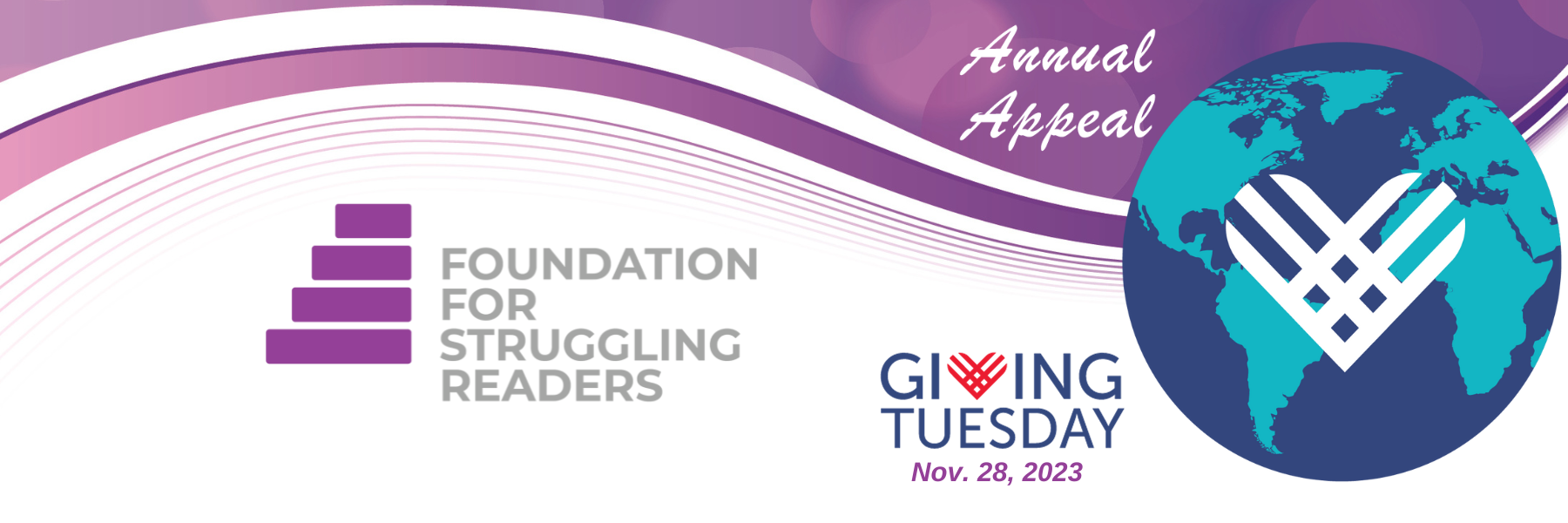
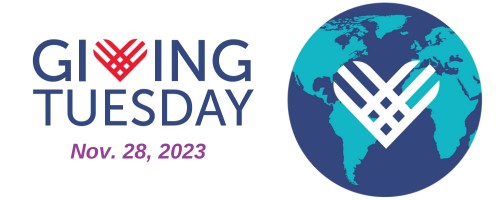

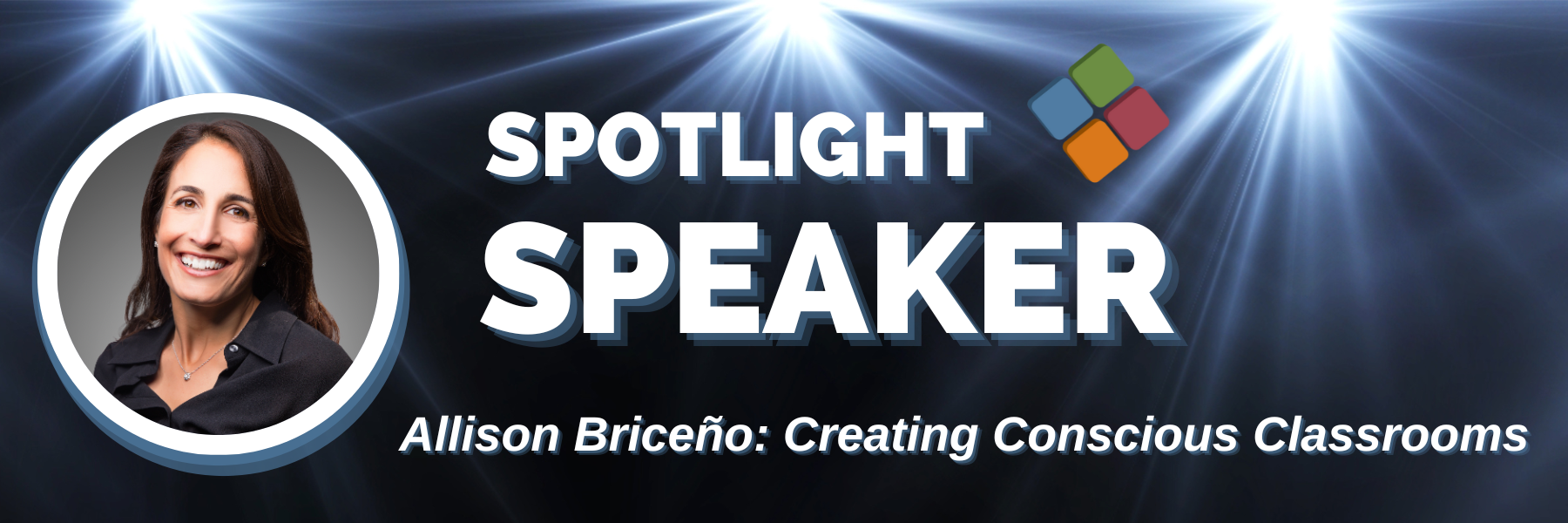
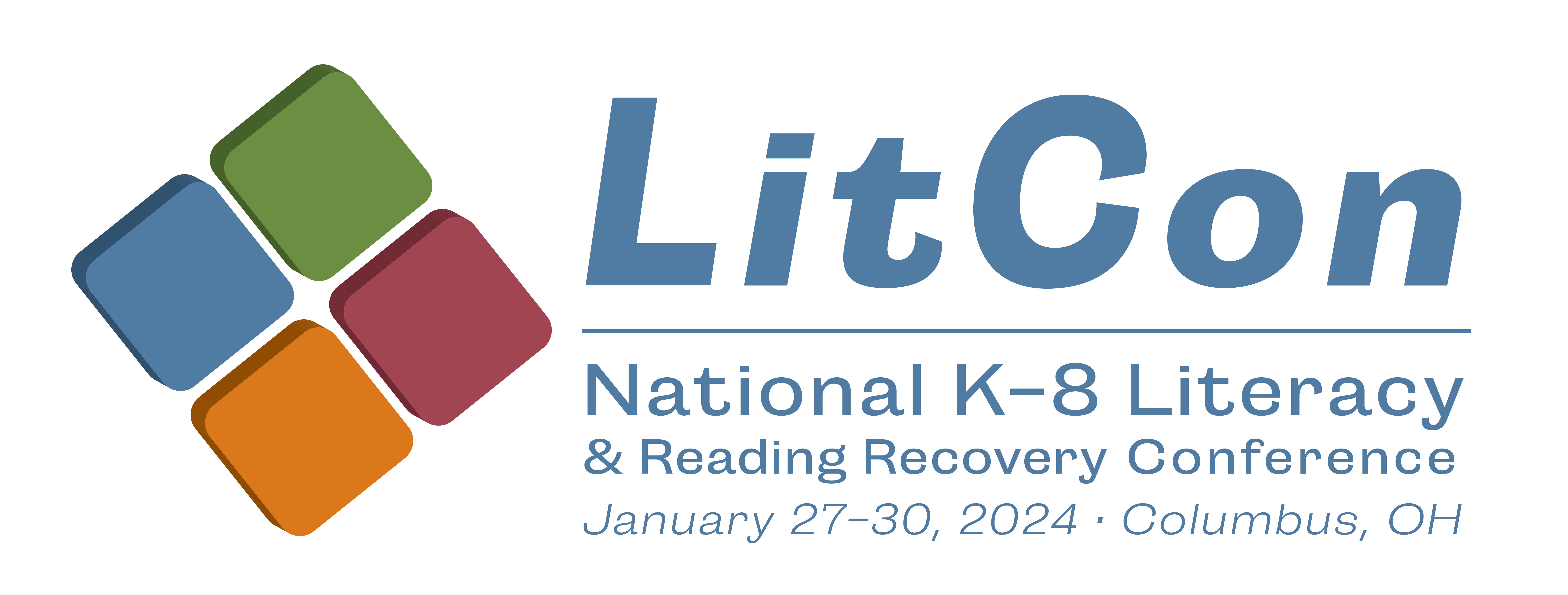

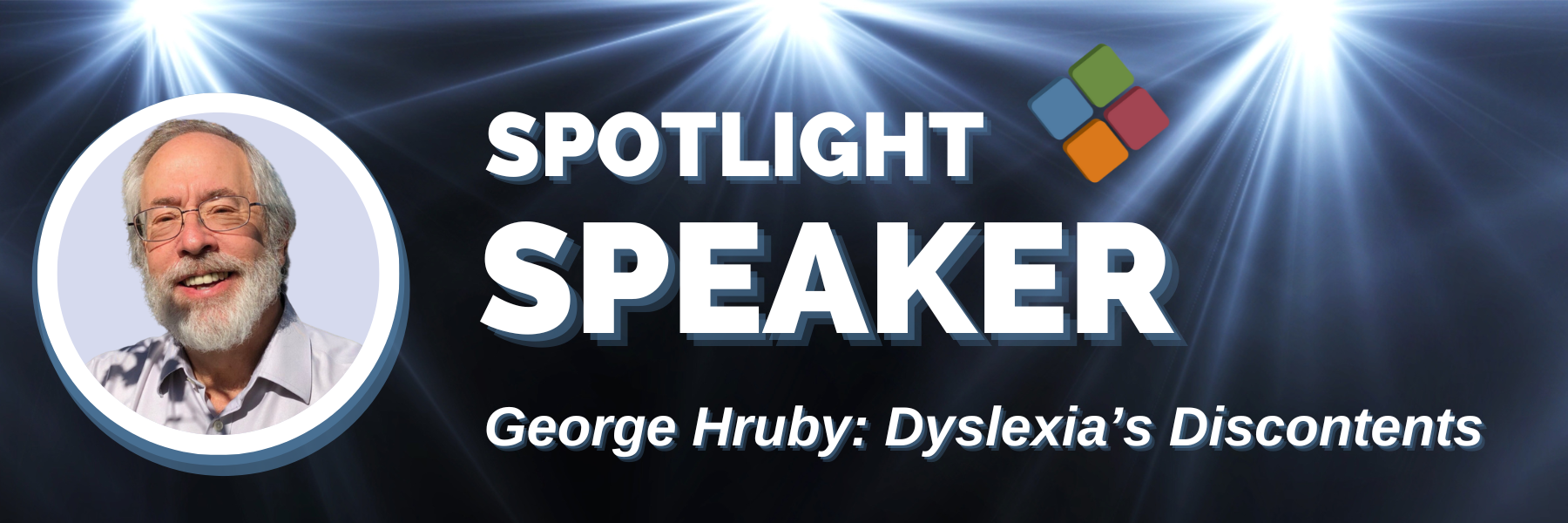
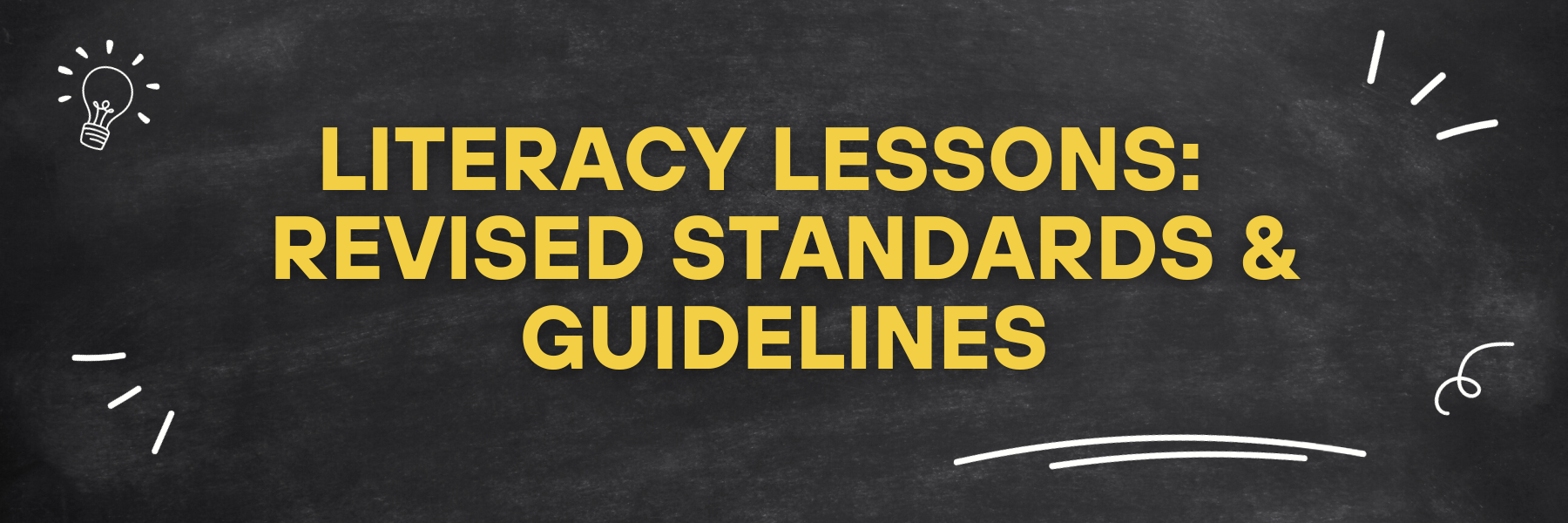
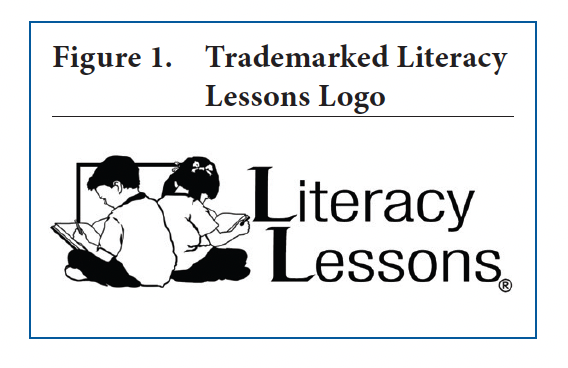 The training in Reading Recovery teaching procedures needed by teachers of special education students and English language learners has been developed and implemented with the trademarked title Literacy Lessons.…within the existing infrastructure for training and dissemination established by the holder of a national trademark
The training in Reading Recovery teaching procedures needed by teachers of special education students and English language learners has been developed and implemented with the trademarked title Literacy Lessons.…within the existing infrastructure for training and dissemination established by the holder of a national trademark